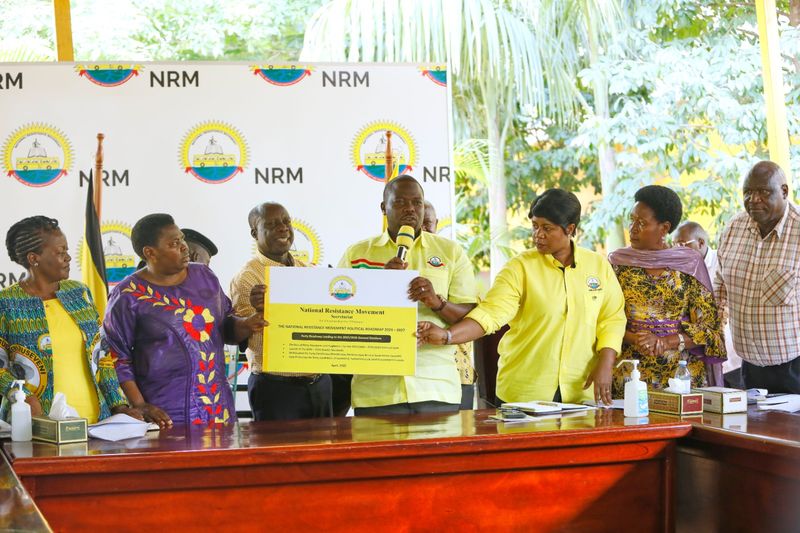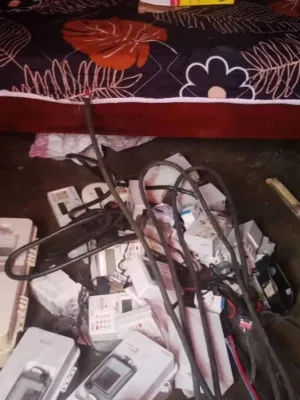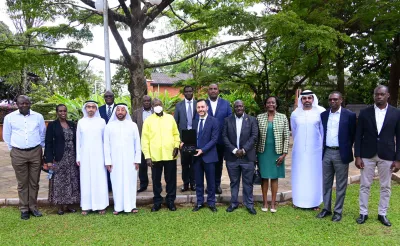
The ruling National Resistance Movement (NRM) has formally announced the hefty nomination fees for aspiring candidates in the 2025 general elections, setting a high financial bar for those seeking political office under the party’s banner. The announcement, made earlier today, confirms the figures that have been a subject of much speculation and internal discussion.
Topping the list is the presidential nomination fee, which remains at a substantial Shs. 20 million. This figure, consistent with the previous election cycle, underscores the financial commitment required to contend for the highest office in the land under the NRM.
For those aiming for a seat in Parliament, the nomination fee is set at Shs. 3 million. This figure has already stirred debate, with some party members voicing concerns that it could deter potentially capable individuals, particularly younger aspirants and those from less privileged economic backgrounds, from participating in the electoral process.
The detailed breakdown of nomination fees across various political levels reveals the significant financial outlay required for any level of political ambition within the NRM:
| Position | Nomination Fee (Shs) |
| President | 20,000,000 |
| Member of Parliament | 3,000,000 |
| Lord Mayor | 1,500,000 |
| City Councillor | 500,000 |
| Lord Councillor | 1,000,000 |
| LCV Chairperson | 1,000,000 |
| LCV Councillor | 200,000 |
| City Division Mayor | 1,000,000 |
| Municipal Mayor | 750,000 |
The NRM Electoral Commission has directed all aspiring candidates to deposit these fees into designated party bank accounts, emphasising the need to adhere strictly to the outlined nomination protocols and deadlines in preparation for the upcoming electoral season.
While these financial demands may not surprise seasoned politicians, they have already triggered considerable discussion and apprehension among prospective candidates, especially those new to the political arena. The high costs raise questions about the inclusivity of the political process and the potential for financial means to become a dominant factor in determining who can vie for leadership positions.
Sources within the NRM indicate that the rationale behind maintaining these relatively high fees includes the aim of streamlining the nomination process and potentially reducing the number of internal contenders. Some party leaders believe that a higher financial stake could lead to more serious and committed candidates. However, this viewpoint is not universally shared within the party, with counterarguments emphasising the importance of broader participation and the risk of excluding talented individuals without substantial personal wealth.
Opposition parties are expected to seize upon this issue, likely framing the NRM’s fee structure as a barrier to entry and a reflection of a political system that favours the wealthy elite. Civil society organisations are also likely to weigh in on the implications for democratic participation and representation.
As Uganda moves closer to the 2025 general elections, the financial cost of seeking political office within the dominant NRM is set to remain a significant point of contention and a key factor shaping the dynamics of the electoral race. The long-term impact of these fees on the diversity and inclusivity of Uganda’s political leadership remains to be seen.














Sunrise Reporter
Leave a Comment
Your email address will not be published.